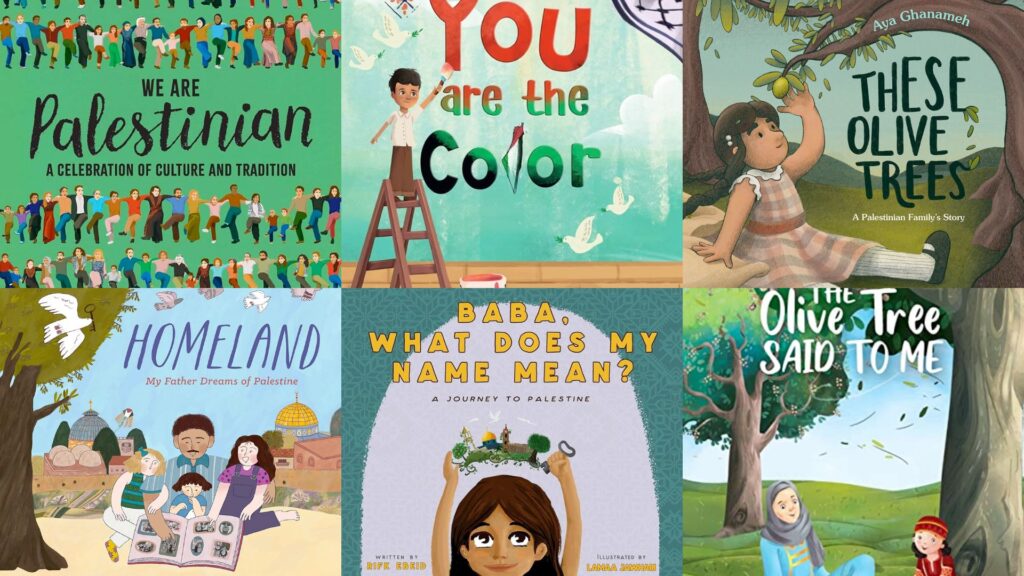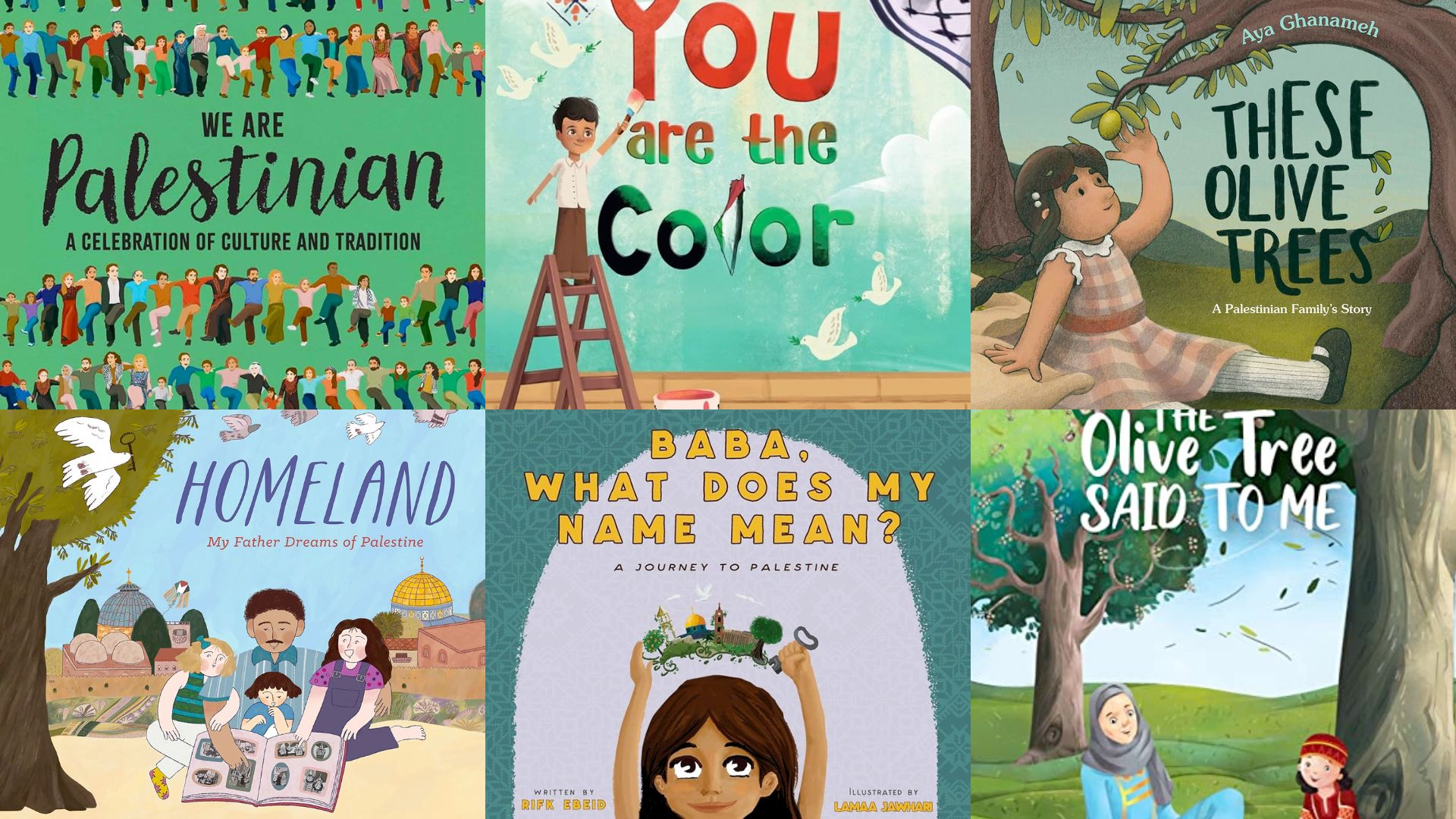
The Power of Letting Go: Exploring Children’s Books About Forgiveness
Forgiveness is a complex and crucial life skill, often challenging for adults to grasp, let alone children. However, introducing the concept of forgiveness early on can foster empathy, resilience, and healthier relationships. One of the most effective ways to broach this topic with young minds is through engaging children’s books about forgiveness. These stories provide relatable scenarios, memorable characters, and gentle lessons that resonate with kids on their level.
This article explores the landscape of children’s books about forgiveness, highlighting why they are valuable tools for parents, educators, and caregivers. We will delve into specific titles that address different facets of forgiveness, offering guidance on how to select the right books for various age groups and situations. Furthermore, we’ll discuss the benefits of reading these books aloud and engaging in meaningful conversations afterward.
Why Forgiveness Matters for Children
Understanding and practicing forgiveness is essential for a child’s emotional and social development. Holding onto grudges can lead to anger, resentment, and even physical health problems. Children’s books about forgiveness can help children understand that everyone makes mistakes and that forgiving others (and themselves) is a pathway to healing and peace. Here are some key benefits:
- Reduces Stress and Anxiety: Holding onto anger and resentment creates internal stress. Forgiveness allows children to release these negative emotions.
- Improves Relationships: Forgiveness strengthens bonds with friends, siblings, and family members. It promotes understanding and empathy.
- Boosts Self-Esteem: When children learn to forgive themselves for their own mistakes, they develop a healthier sense of self-worth.
- Promotes Empathy: Understanding how their actions affect others and being able to forgive when wronged fosters empathy and compassion.
- Teaches Problem-Solving: Children’s books about forgiveness often present scenarios where characters must find solutions to conflicts, promoting problem-solving skills.
Key Themes in Children’s Books About Forgiveness
Many children’s books about forgiveness explore recurring themes that help children grasp the concept in different contexts. Recognizing these themes can help you choose books that best suit your child’s needs and experiences.
Understanding Mistakes
One prominent theme is the understanding that everyone makes mistakes. Books in this category often feature characters who accidentally hurt someone or make a poor choice. The story then focuses on the character’s journey to understanding the impact of their actions and seeking forgiveness. This helps children realize that making mistakes is a normal part of life and that it’s how we learn and grow.
The Importance of Apologies
Another crucial theme is the significance of sincere apologies. These books emphasize that saying “sorry” is not enough; children need to understand what they did wrong and express genuine remorse. The act of apologizing and seeking forgiveness is portrayed as a sign of strength and maturity.
Letting Go of Anger
Many children’s books about forgiveness address the challenge of letting go of anger and resentment. These stories offer strategies for managing difficult emotions and finding healthy ways to express feelings. They might involve characters learning to talk about their feelings, practicing deep breathing, or finding constructive outlets for their anger.
Self-Forgiveness
Self-forgiveness is a particularly important theme, as children often struggle to forgive themselves for their own mistakes. These books highlight the importance of self-compassion and understanding that everyone deserves a second chance. They encourage children to learn from their mistakes and move forward with a positive attitude. Children’s books about forgiveness should also address this topic.
Restoration and Reconciliation
The ultimate goal of forgiveness is often restoration and reconciliation. These books illustrate how forgiveness can repair damaged relationships and create a sense of peace and harmony. They show children that forgiveness is not about condoning wrong behavior but about choosing to move forward in a positive and constructive way.
Recommended Children’s Books About Forgiveness
Here are some highly recommended children’s books about forgiveness, categorized by age group and theme:
For Younger Children (Ages 3-6)
- “The Forgiveness Garden” by Lauren Thompson: A simple and sweet story about a little girl who learns the power of forgiveness in a beautiful garden setting.
- “Sorry, Sorry” by Trudy Ludwig: This book explores the importance of sincere apologies and how to make amends when you’ve hurt someone.
- “Little Critter: Just a Little Sorry” by Mercer Mayer: A classic Little Critter story that teaches children about taking responsibility for their actions and saying sorry.
For Older Children (Ages 7-10)
- “The Berenstain Bears and the Forgiving Tree” by Stan and Jan Berenstain: The Berenstain Bears learn about forgiveness when they damage a special tree and must find a way to make amends.
- “Each Kindness” by Jacqueline Woodson: A powerful and thought-provoking story about the importance of showing kindness and the regret of missed opportunities for forgiveness.
- “The Lemonade War” by Jacqueline Davies: While not solely about forgiveness, this book explores sibling rivalry and the eventual need for forgiveness and understanding between brother and sister.
For Tweens and Teens (Ages 11+)
- “Wonder” by R.J. Palacio: While not exclusively about forgiveness, this book explores themes of acceptance, empathy, and understanding, which are essential components of forgiveness.
- “Forgive Me” by Karen Kingsbury: A more mature novel that delves into the complexities of forgiveness in the context of family relationships and personal struggles.
- “Speak” by Laurie Halse Anderson: This book tackles difficult themes of trauma and healing, highlighting the importance of self-forgiveness and finding your voice.
How to Use Children’s Books About Forgiveness Effectively
Reading children’s books about forgiveness is just the first step. To maximize their impact, it’s important to engage in meaningful conversations with your child before, during, and after reading.
Before Reading
- Set the Stage: Create a calm and comfortable environment where you and your child can focus on the story.
- Introduce the Topic: Briefly discuss the concept of forgiveness and ask your child what they think it means.
- Preview the Book: Show your child the cover and read the title aloud. Ask them what they think the book might be about.
During Reading
- Read Aloud: Reading aloud allows you to emphasize important points and model expressive reading.
- Ask Questions: Pause occasionally to ask questions about the characters’ feelings and actions. For example, “How do you think the character is feeling right now?” or “What do you think they should do?”
- Make Connections: Help your child connect the story to their own experiences. Ask them if they have ever been in a similar situation.
After Reading
- Discuss the Story: Talk about the main themes of the book and how they relate to forgiveness.
- Ask Open-Ended Questions: Encourage your child to think critically about the story by asking open-ended questions like, “What did you learn from this book?” or “How do you think the characters changed?”
- Role-Play: Act out scenes from the book to help your child understand the characters’ perspectives.
- Relate to Real Life: Discuss situations in your child’s life where forgiveness might be needed.
The Long-Term Impact of Teaching Forgiveness
Investing time in teaching children about forgiveness through children’s books about forgiveness and other means has a profound and lasting impact. Children who learn to forgive are better equipped to handle conflict, build strong relationships, and lead happier, more fulfilling lives. By fostering empathy, resilience, and a sense of personal responsibility, we empower children to navigate the challenges of life with grace and compassion.
In conclusion, children’s books about forgiveness are invaluable resources for teaching children about this essential life skill. By carefully selecting books that resonate with your child’s age and experiences, and by engaging in meaningful conversations, you can help them understand the power of letting go and the importance of building healthy relationships. [See also: Developing Emotional Intelligence in Children] These stories provide a safe and accessible way to explore complex emotions and learn valuable lessons about empathy, compassion, and the transformative power of forgiveness. Embrace these resources and empower the next generation to embrace forgiveness as a cornerstone of their emotional well-being.

